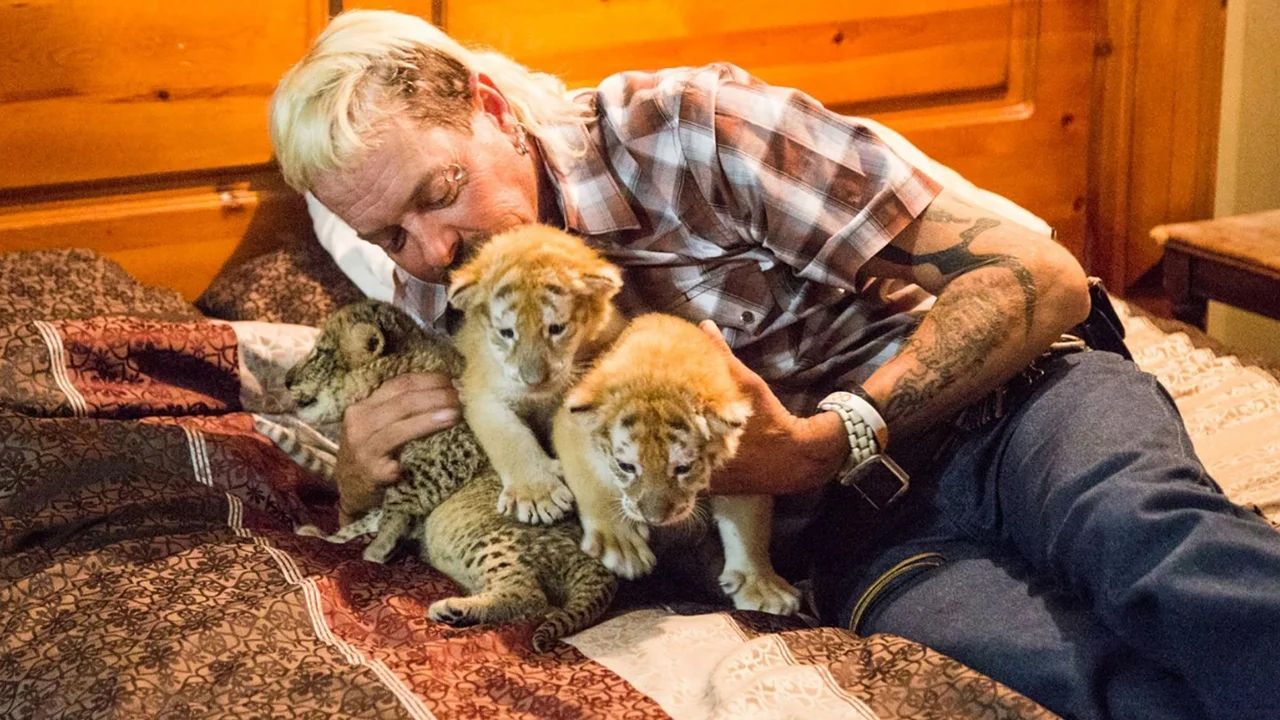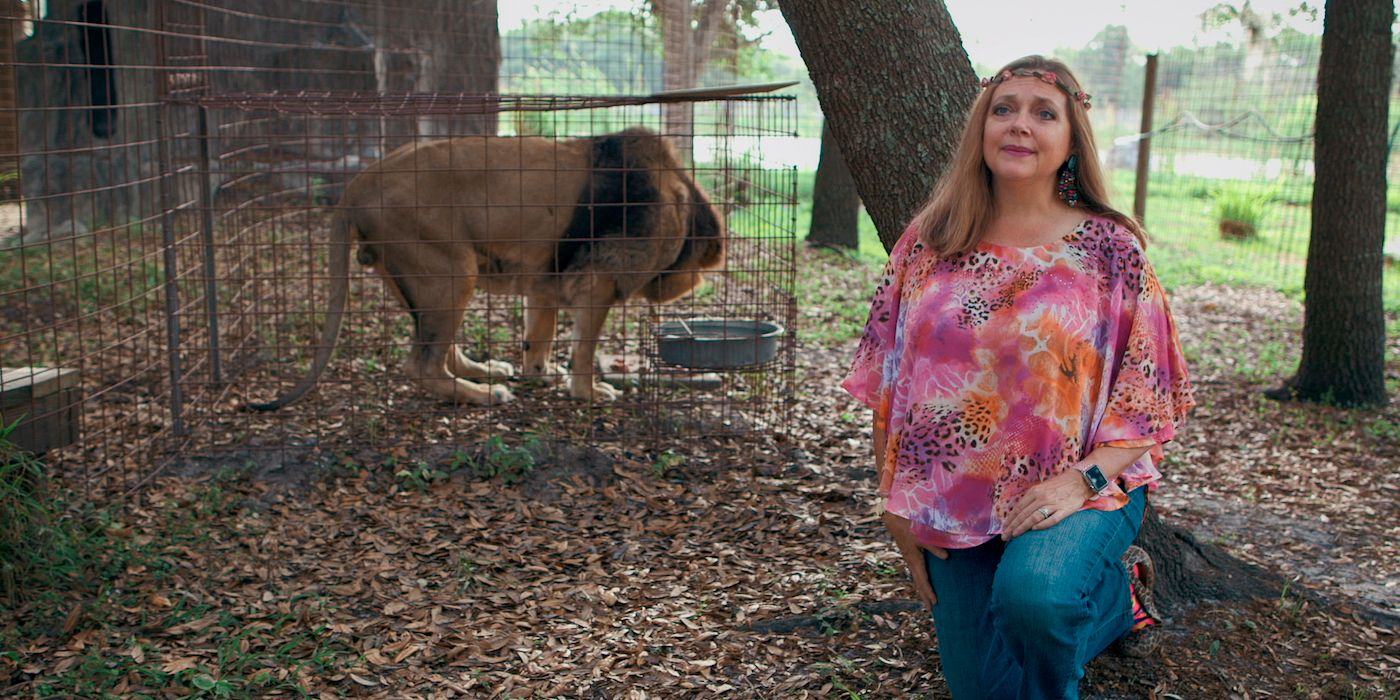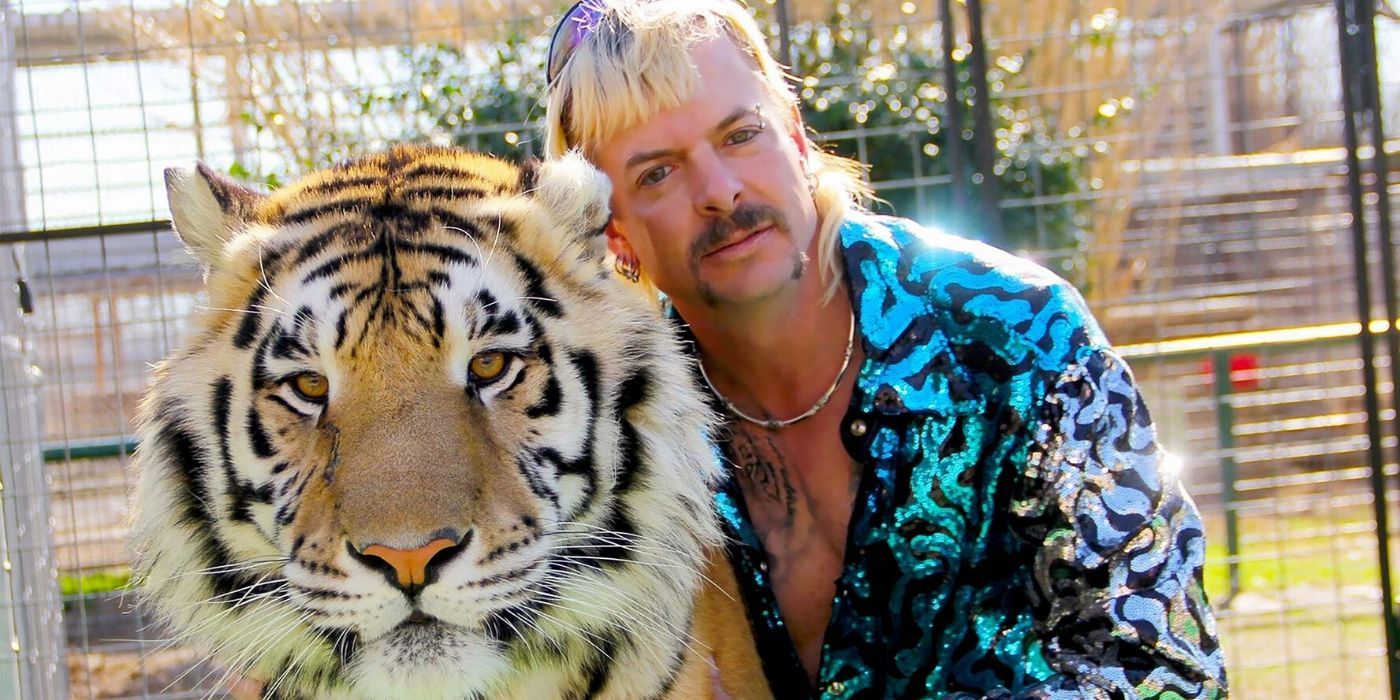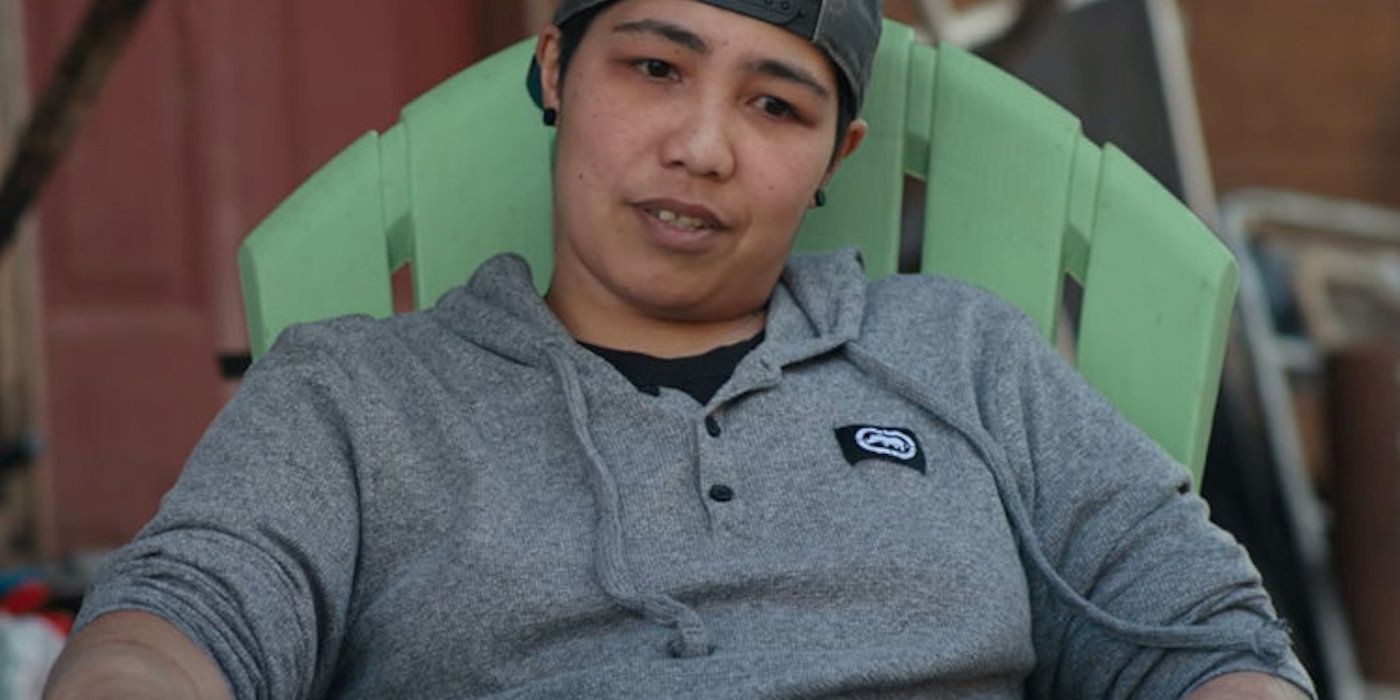Tiger King: Murder, Mayhem and Madness has been dominating the pop culture conversation since it dropped, with coverage and meme sharing making it one of the most talked about shows in recent memory. Though it's currently the most watched show on the streaming service, not every one of Netflix's millions of subscribers has enjoyed Tiger King, or even stuck with it to the end. Here's why some viewers succumb to Joe Exotic, the self-styled Tiger King, while others steer clear of the wild drama.
Why People Like It: Outrage Is A Way To Find Community
Tiger King is nothing if not outrageous, and under normal circumstances that would've made it a guilty pleasure. However, the jaw-dropping exposé's release coincided with the coronavirus (COVID-19) pandemic, forever linking the two in the public memory. Tiger King -- with its highly-combustible mix of agitated apex predators, missing teeth and limbs, questionable tattoos, head-scratching hairstyles and gaudily-printed fashions -- is as intensely visual and intentionally dramatic as anything most people have ever seen.
America loves a good train wreck, but explaining Tiger King's popularity isn't as simple as that. Yes, some people rise to fame because they're so fascinatingly disastrous that it's hard to look away from them. Joe Exotic and company certainly fit that profile. It helps that the line between documentary and reality TV has blurred, and these kinds of nonfiction projects find bigger audiences when filmmakers apply a little sensationalism. But the stars of Tiger King do most of the sensationalizing themselves. Much of what goes on in the course of Tiger King's runtime is so specifically bizarre and dangerous, regardless of post-production packaging, that it's actually worthy of our collective outrage. In other words, the series brings people together at a time when they need to be brought together, and it gives them an outlet to express a lot of high-stakes feelings in a low-stakes way.
Why People Like It: Tiger King is Pure Schadenfreude
Schadenfreude is the German word for the pleasure we derive from the pain of others. But in the case of some reality TV, and definitely as it pertains to Tiger King, schadenfreude doesn't go far enough. It's not just that someone the audience knows to be problematic got their comeuppance, though that can be part of the appeal. It's that when documentarians capture the lives of characters who exist on the knife's edge of plausibility, audiences feel much more secure about their own personal weaknesses and shortcomings. The hot mess on any dating show, or the hoarders unwilling to part with their trash, are two common examples. But none so far compare to the personalities featured in Tiger King, who make several lifetimes worth of bad decisions in just seven episodes. Viewers can watch the consequences of those bad decisions come back to bite the cast, almost in real time, and know they're doing better than that.
Why People Hate It: Animals are Commodities
The treatment of animals in the show is terrible. Joe Exotic, Doc Antle, Carole Baskin and others all claim to love animals, but it's obvious their affection for big cats has mutated into obsession and exploitation. It appears Baskin ceased to breed wild animals and handle them in objectionable ways, but all three main characters closely associate with their tigers rather than appreciate them for the marvels of nature they are; their identities and power comes not from common interest, but from their ability to possess them and control them. In that way, the tigers were commodities long before any party ever started making money off of them, but one can imagine things must've gotten much worse once profit became the motive. The quantity of kept animals supersedes the quality of the care the animals receive, a fact which Joe Exotic is rightly ashamed of at the series' end. For any animal-loving viewer, it's difficult to separate the spectacle from the exploitation.
RELATED: The Tiger King's Biggest Victims Never Received Justice
Why People Hate It: Poverty and Mental Illness Aren't Taken Seriously
Animals aren't the only thing being exploited in Tiger King. Among its minor characters, abject poverty is understood to be the norm, as are long hours, unsafe working conditions and unflinching devotion to one's "boss." Addiction and depression are rampant, and no one seems to be seeking or getting any help. Surely, low paid amateur zookeeping isn't the best possible therapy for what ails them, even if it did provide them with a sense of purpose and belonging.
Although it's never a great idea to diagnose a person via a cleverly edited television show, Joe, Doc and Carole all seemingly exhibit signs of mental illness in their unhealthy behaviors. To be fair, the show doesn't editorialize. However, there also isn't any context given to serious emotional and economic problems. In that vacuum, some see an extreme version of Jeff Foxworthy-style comedy, while others see the continued stigmatization of the poor and mentally ill.
Tiger King is a uniquely American contribution to TV at this moment. The kind of broad freedom and the rugged individualism the country allows for is encapsulated in Tiger King. However, while that might seem like a virtue to some, it's a red flag to others. Maybe that's what'll determines how Tiger King plays for you.





